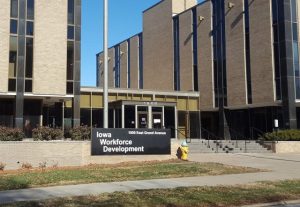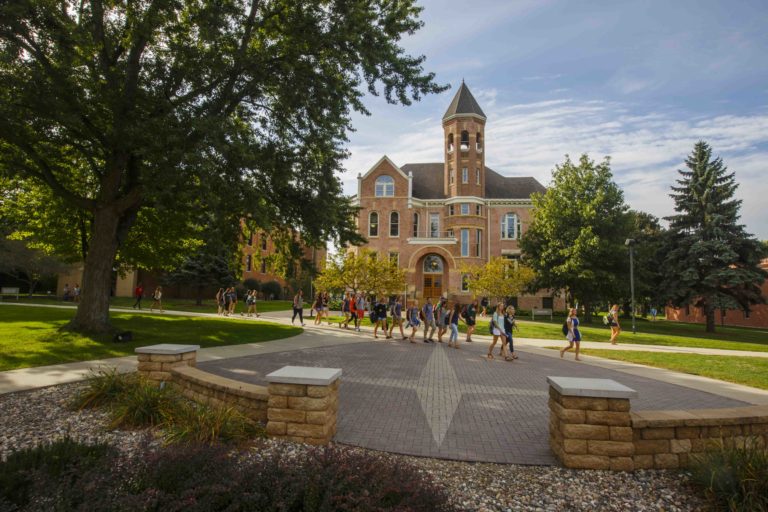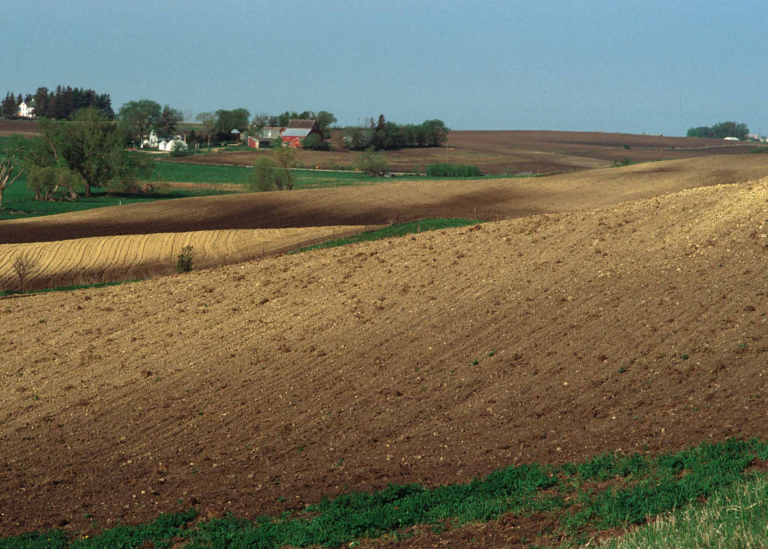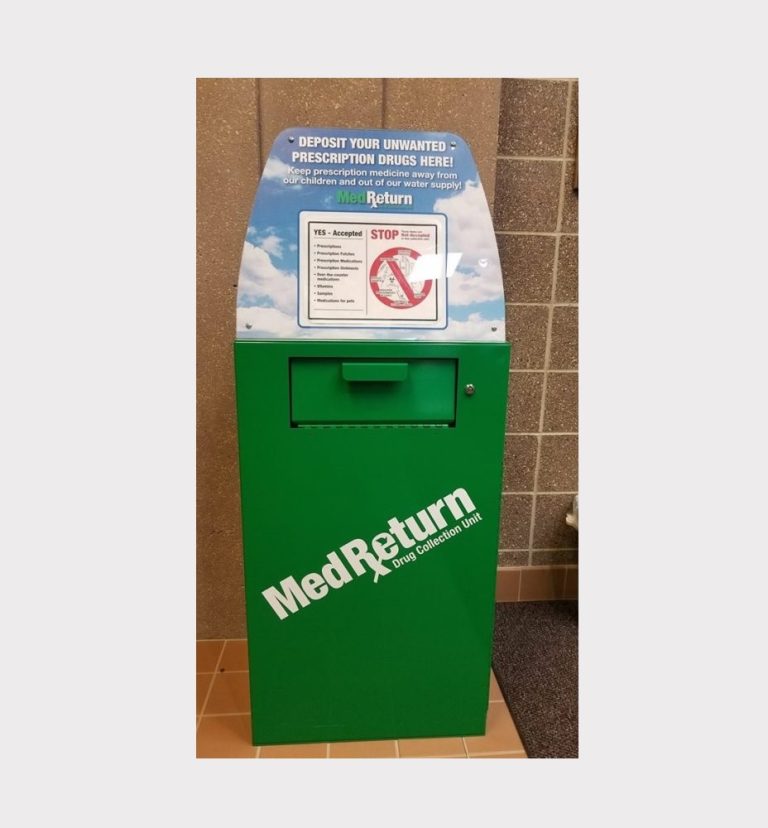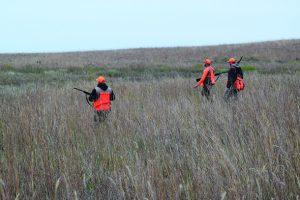Northwest Iowa — Some of the response has not been fast enough. That’s what Senator Joni Ernst and other leaders heard from some of the farmers whose barns have been hit by avian influenza. Ernst had planned to be at meetings in Sibley, Rock Rapids, and Sioux Center but due to late votes on the Trans-Pacific Partnership trade agreement and an extension of the Patriot Act in the Senate, she was only able to make the Sioux Center meeting.

Congressman Steve King, and Iowa Secretary of Agriculture Bill Northey were at all the meetings, as were local legislators.
One of the producers said that there have been dumpsters full of birds producing an odor and attracting millions of flies — sitting on his property for four weeks. He says he’s been told several times that they would be taken care of “soon”. Some people also worry that flies could transmit the virus, but Congressman King says research is leaning toward that being unlikely.
Some turkey farmers near Cherokee have banded together and have started composting birds on their own instead of waiting for government crews. But that brings up the issue of compensation.
Ag Secretary Northey says the problem is that no one expected an outbreak this large. He says the size is unprecedented.
Another big question is when the barns that held the infected birds can be re-populated, says Northey.
He says options being considered include fumigation and “shrink wrapping” the barn and heating it to the point that the virus couldn’t survive.
According to Northey, there may be another phase where producers put what he calls “sentient birds” into a facility to see if it’s disease free. He says these birds would probably be layers that were close to the end of their egg-producing stage anyway.
Northey says experts still don’t know how the virus is spreading, except that it arrived via wild birds. He says the truth is, we may never know whether it’s spreading via foot traffic, truck traffic, dust, dander, feed, or another method. In fact he says it may be spreading many ways.
Representative John Wills says people also have to remember the economic ripples this outbreak is going to have.
We asked Wills if he had any solutions to the economic impact. He says right now, they’re just trying to get through the initial disaster stage. He says they talked about a response through the Legislature, but decided that the best thing to do would be to let the disaster funds kick in.
Congressman King says the main things they are working on right now are on-site incineration of birds, disinfection with heat, and the possibility of a federal insurance program for poultry producers. He says the producers will be receiving indemnification payments because the USDA requires them to destroy healthy birds to prevent the spread of the disease.
If your browser or device cannot access the audio players above, here are the direct links to the audio sound bytes:


